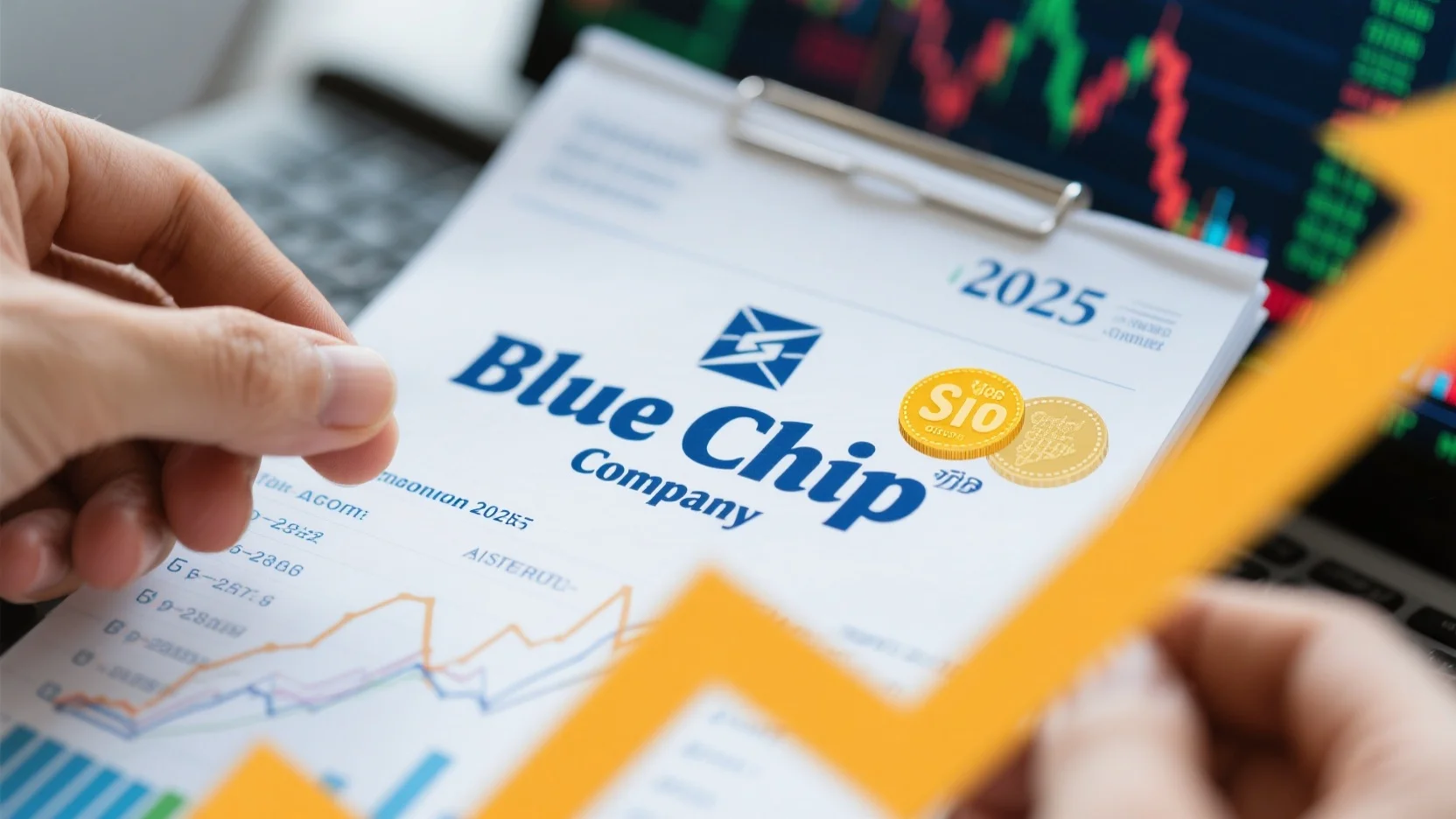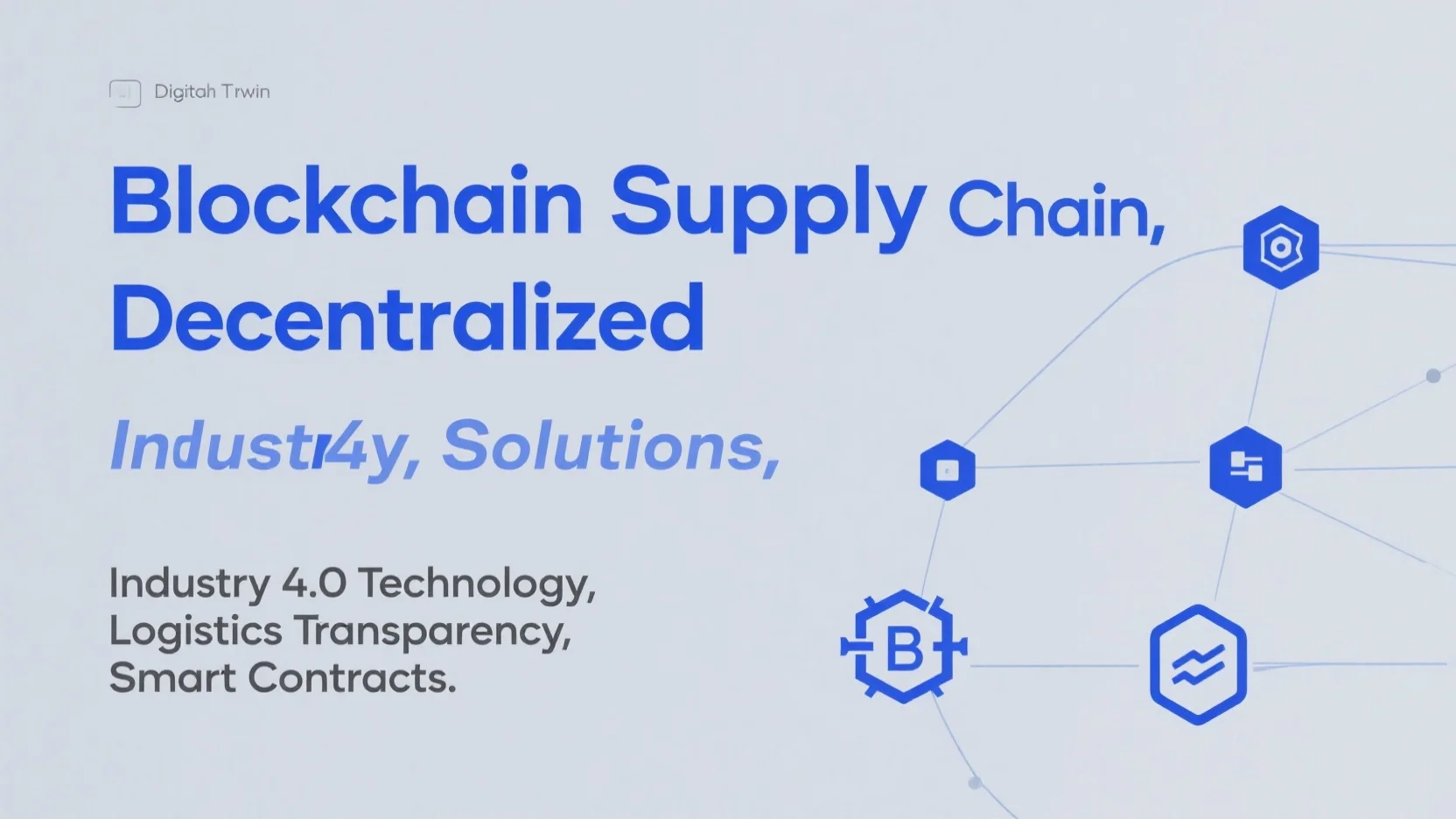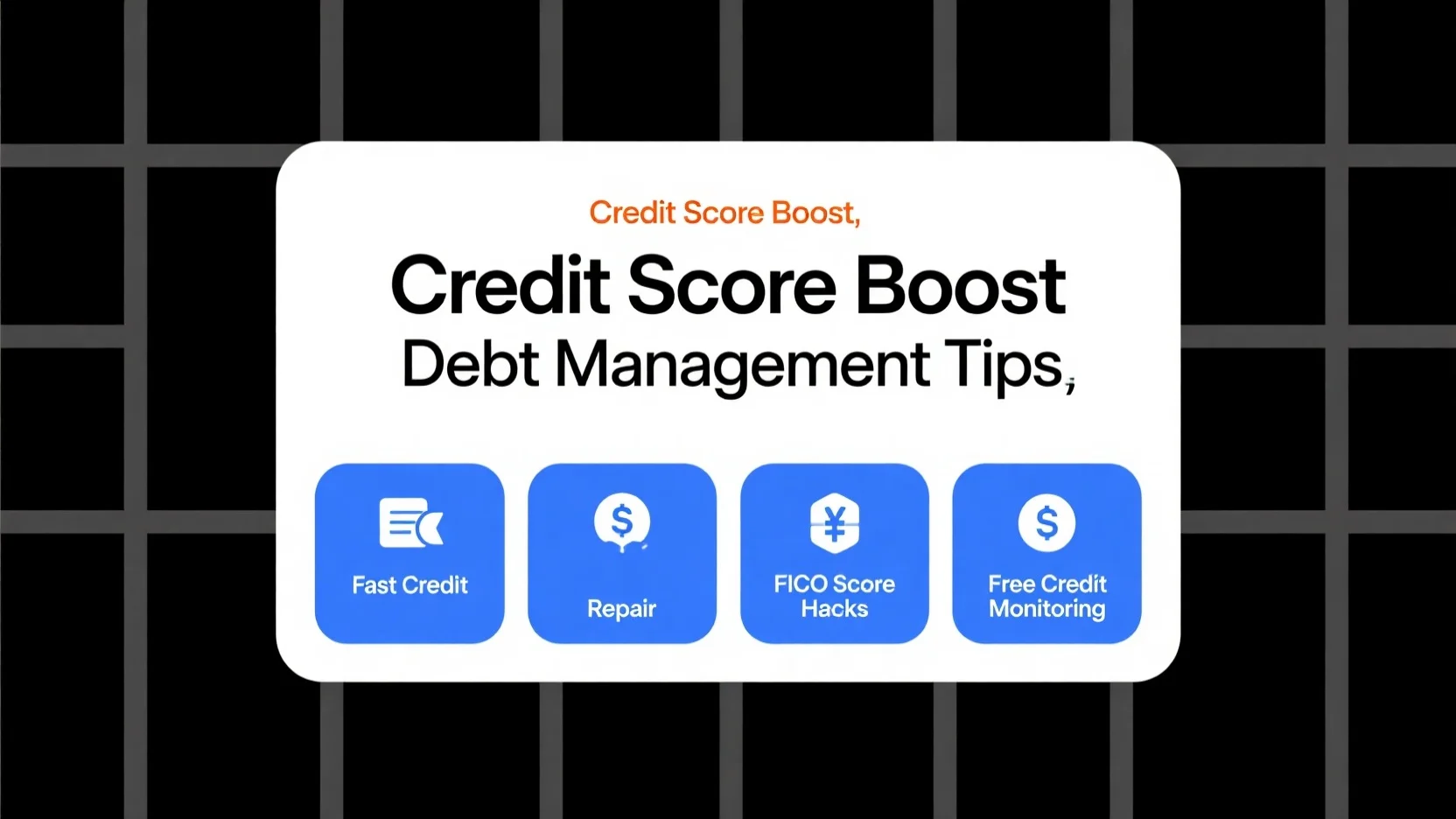Image Source: pexels
Blockchain for Supply Chain Management: Real-World Use Cases is transforming the way we approach supply chain management by addressing long-standing inefficiencies. With this technology, you can now track a product’s journey from origin to destination with unmatched accuracy. Companies like De Beers utilize blockchain for supply chain management to verify diamond authenticity, while IBM and Walmart leverage it to ensure food safety by tracing products. This transparency reduces fraud and builds trust among stakeholders. Additionally, blockchain automates payments through smart contracts, as demonstrated by BHP Billiton, cutting delays and administrative tasks. By providing a secure, decentralized ledger, blockchain for supply chain management enhances visibility and eliminates errors in traditional supply chains.
Key Takeaways
- Blockchain helps make supply chains clearer by keeping safe records. These records cannot be changed and show every transaction. This helps track products correctly from start to finish.
- Smart contracts help automate supply chain tasks, saving time and effort. They make sure deliveries are on time and meet quality rules. This makes the process work better overall.
- Using blockchain with IoT and AI makes supply chains smarter. Together, they improve live tracking, add more security, and make operations better using data.
Real-World Use Cases of Blockchain in Supply Chain Management
Enhancing Traceability and Transparency
Blockchain technology revolutionizes traceability by providing a secure and tamper-proof record of every transaction in the supply chain. You can track a product’s journey from its origin to its final destination with unmatched accuracy. For example:
- Unilever uses blockchain to ensure sustainability in its tea supply chain, reducing costs and combating counterfeiting.
- Walmart leverages blockchain to trace contamination sources in its mango supply chain, improving food safety.
- The Coffee Board of India monitors coffee supply chains with blockchain, involving farmers directly.
In the pharmaceutical industry, blockchain ensures drug authenticity by maintaining a transparent record of each transaction. This transparency helps verify the origin and handling of medicines, improving safety. Similarly, platforms like IBM Food Trust allow food companies to track products from farm to table, reducing waste and financial losses during contamination events.
Automating Processes with Smart Contracts
Smart contracts simplify supply chain operations by automating tasks like order processing and payments. These digital contracts execute automatically when predefined conditions are met, eliminating intermediaries and reducing costs. For instance, Company XYZ reduced order-to-delivery time by 30% using smart contracts. They also built stronger supplier relationships through transparent and verifiable transactions.
Smart contracts enable real-time tracking of goods, ensuring timely deliveries and minimizing risks. They can also enforce quality standards by releasing payments only when products meet specific criteria. This automation reduces administrative burdens and enhances efficiency across the supply chain.
Improving Logistics and Inventory Management
Blockchain optimizes logistics by providing real-time updates and enhancing data integrity. Platforms like TradeLens, co-developed by IBM and Maersk, have improved global shipping efficiency, cutting transit times by up to 40%. Coca-Cola uses blockchain to track ingredient origins and automate supplier transactions, reducing costs and improving transparency.
Inventory management also benefits from blockchain’s decentralized structure. Real-time updates ensure accurate inventory levels, while tamper-proof records minimize discrepancies. This technology reduces waste and fraud, creating a more reliable supply chain.
Combating Counterfeiting and Ensuring Authenticity
Counterfeiting affects industries like fashion, pharmaceuticals, and electronics. Blockchain combats this issue by creating an immutable ledger that records a product’s history. Each transaction is time-stamped and secured, making it nearly impossible for counterfeiters to alter information.
Luxury brands use blockchain with NFC chips to authenticate products. You can verify a product’s legitimacy by tapping your phone, gaining insights into its lifecycle. In pharmaceuticals, blockchain prevents counterfeit drugs from entering the supply chain, ensuring patients receive safe and authentic medications.
Benefits of Blockchain in Supply Chain Management

Image Source: unsplash
Boosting Efficiency and Reducing Costs
Blockchain technology significantly enhances efficiency in supply chain operations. By automating order processing, you can ensure stock availability without constant oversight. Manual tasks and intermediaries are reduced, lowering administrative overhead and operational costs. For example:
- Automated processes streamline workflows, saving time and resources.
- Smart contracts eliminate delays by executing transactions instantly when conditions are met.
Transparency and traceability further improve efficiency. Blockchain records every transaction, reducing errors and deterring counterfeit products. In a 2023 KPMG survey, 87% of respondents highlighted supply chain visibility as a critical priority. Blockchain addresses this need, fostering innovation in smart contracts and automated processes, which optimize operations and reduce costs.
Building Trust and Enhancing Collaboration
Blockchain fosters trust among supply chain participants by providing a tamper-proof shared ledger. Every transaction is time-stamped and linked, creating an immutable audit trail. This transparency ensures all stakeholders access the same information, preventing fraud and enhancing authenticity.
Collaboration also improves with blockchain. You can securely share data with suppliers, manufacturers, and retailers, enabling better coordination and communication. This shared visibility leads to efficient inventory management and smoother tracking of goods. By enhancing trust and collaboration, blockchain strengthens relationships across the supply chain.
Mitigating Risks and Strengthening Resilience
Blockchain plays a vital role in mitigating risks and building resilience during disruptions like pandemics or natural disasters. Its transparency allows you to predict risks and respond proactively. For instance, stakeholders can identify vulnerabilities in the supply chain and address them before they escalate.
During crises, blockchain fosters trust by ensuring reliable and secure data sharing. This trust is crucial when managing disruptions, as it enables stakeholders to work together effectively. By enhancing visibility and collaboration, blockchain strengthens the supply chain’s ability to adapt and recover from unexpected challenges.
Challenges and Integration with Emerging Technologies
Overcoming Scalability and Adoption Barriers
Scalability remains one of the biggest challenges in blockchain adoption. Traditional blockchains, like Bitcoin and Ethereum, require every participant to validate and store all transactions. This design causes congestion, leading to limited transaction throughput, high fees, and long confirmation times. To address these issues, you can explore newer blockchain solutions that focus on scalability improvements, such as sharding or layer-2 protocols.
Adoption barriers also hinder blockchain’s potential in supply chains. High implementation costs and the need for widespread collaboration among stakeholders often slow progress. A structured framework can help overcome these barriers by addressing three critical stages:
- Initiation: Focus on reducing energy consumption and scalability issues.
- Adoption Decision: Emphasize international standards and abstraction layers in software.
- Implementation: Improve security, interoperability, and system efficiency.
By tackling these challenges, you can unlock blockchain’s full potential in supply chain management.
Addressing Interoperability and Standardization Issues
Interoperability issues arise because different blockchain networks use unique structures and consensus mechanisms. This lack of universal standards complicates data exchange and integration across supply chains. Without a cohesive framework, it becomes challenging to connect multiple blockchain systems effectively.
Standardization efforts can resolve these issues by promoting collaboration among stakeholders and reducing integration complexity. For example:
- Universal standards improve interoperability between blockchain systems.
- Simplified integration processes lower costs and resource requirements.
- Standardization fosters trust and collaboration across global supply chains.
By prioritizing interoperability and standardization, you can create a seamless blockchain ecosystem that benefits all participants.
Integrating Blockchain with IoT and AI for Smarter Supply Chains
Combining blockchain with IoT and AI can revolutionize supply chain management. IoT devices provide real-time data, such as temperature and humidity, while blockchain ensures secure and transparent data storage. For example:
| Benefit | Description |
|---|---|
| Enhanced Efficiency | Blockchain and IoT speed up transactions and reduce costs. |
| Improved Security | Blockchain ensures secure data transmission and verification. |
| Increased Transparency | Integration allows accurate tracking of goods and monitoring of conditions. |
AI further enhances these capabilities by analyzing blockchain data to predict demand fluctuations and shipment delays. It identifies patterns and optimizes processes, enabling proactive decision-making. Smart contracts can also automate transactions based on IoT data, streamlining operations and reducing delays. By integrating these technologies, you can build a smarter, more efficient supply chain.
Blockchain is reshaping supply chain management by solving inefficiencies and enhancing transparency. Real-world examples demonstrate its potential:
- Unilever uses blockchain to improve sustainability in tea and palm oil supply chains.
- SkyCell ensures safe medicine delivery with smart containers.
- Blockchain integration enables real-time tracking, reducing costs and delivery times.
Blockchain’s decentralized ledger ensures data integrity, fostering trust and resilience in global supply chains.
FAQ
What industries benefit the most from blockchain in supply chain management?
Industries like food, pharmaceuticals, fashion, and logistics benefit greatly. Blockchain ensures traceability, reduces fraud, and enhances transparency in these sectors.
How does blockchain improve supply chain transparency?
Blockchain creates a tamper-proof ledger. You can track every transaction, ensuring accurate records and building trust among stakeholders.
Is blockchain adoption expensive for supply chains?
Initial costs can be high. However, long-term savings from reduced fraud, automation, and improved efficiency often outweigh the investment.
💡 Tip: Start small by implementing blockchain in specific areas of your supply chain to evaluate its impact before scaling up.




